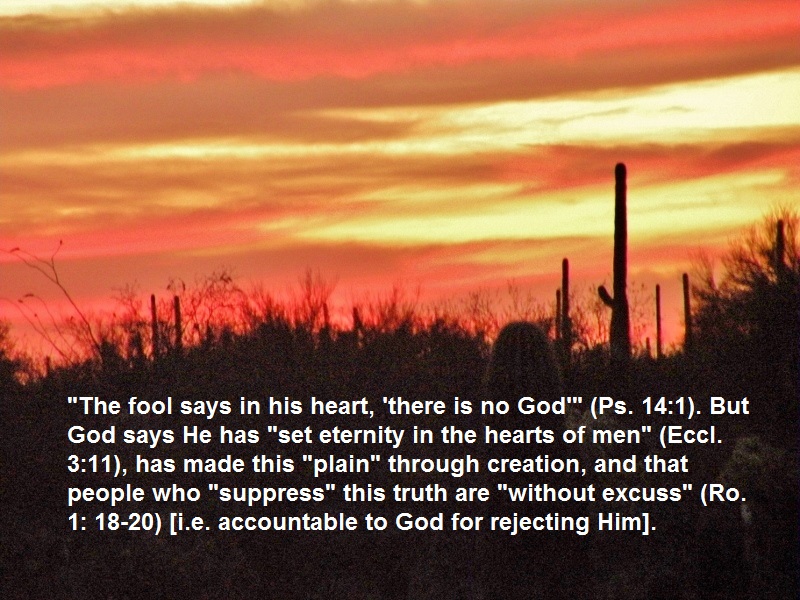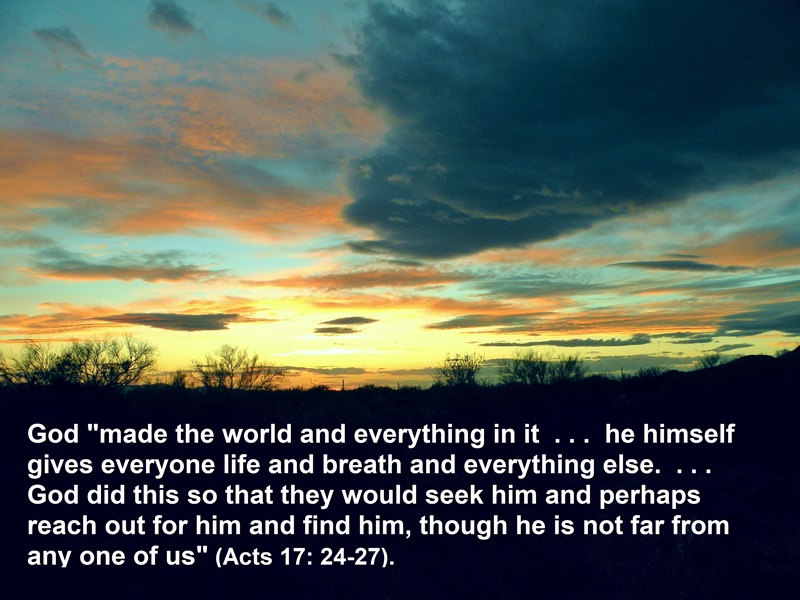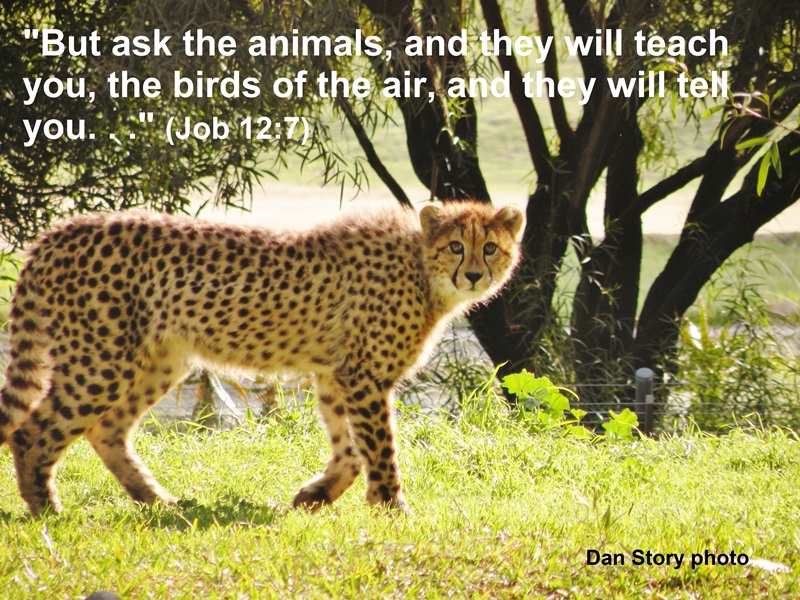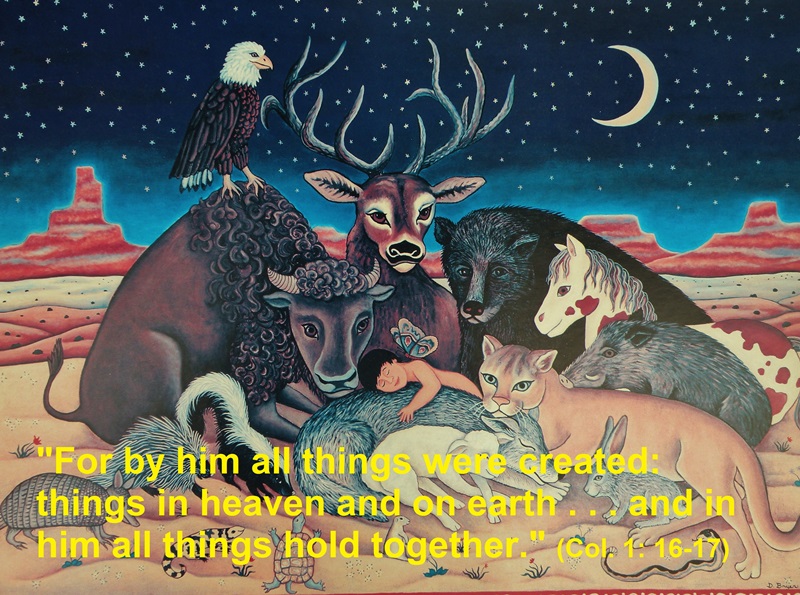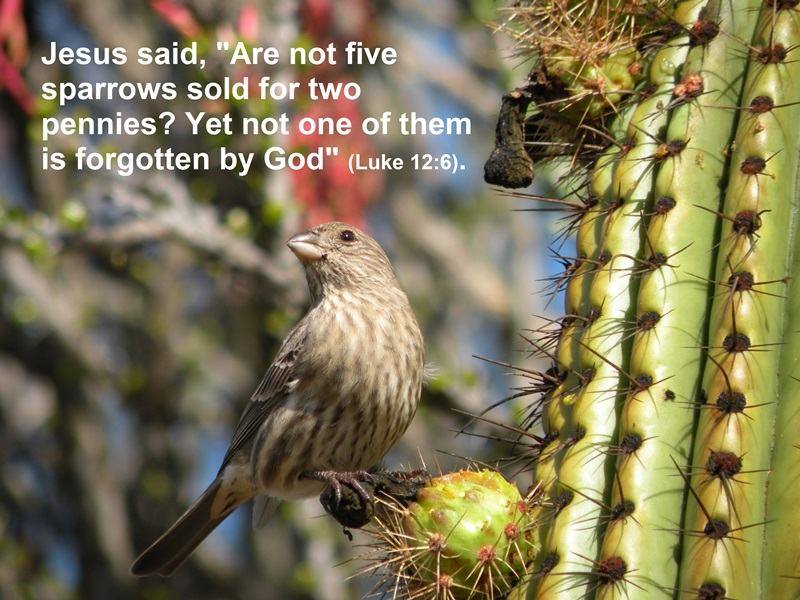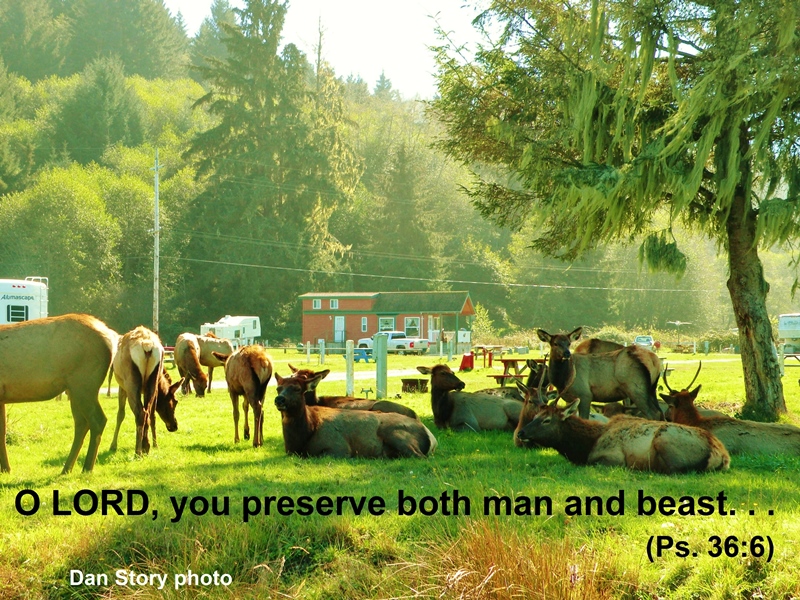
Part Four: The Consequences: Rejecting God’s Gift of Salvation Has Eternal Ramifications
The decision to accept or reject Jesus Christ in this life is an eternal decision (Heb. 9:27). Once someone dies, there is no second chance. They will be forever separated from God who loves them and created them (2 Thess. 1:9); barred permanently from the eternal new heaven and earth promised God’s people (Rev. 21: 1-5)
As we saw in previous blogs, God does not want anyone to enter a Christless eternity. However, He warns that people can reject His offer of salvation only for so long. They can reach a point where they step over the line, where they are alive physically but dead spiritually. Tragically, some people harden themselves to God’s gift of salvation to the point where they seem unable to respond (e.g., 2 Chron. 36: 15-16; Jer. 15:1; Matt. 13: 13-15). As C. S. Lewis put it in his book The Great Divorce, “Their fists are clenched, their teeth are clenched, their eyes fast shut. First they will not, in the end they cannot, open their hands for gifts. . . . Any man may choose eternal death.”
Think about this a moment. Can you imagine anything worse than being eternally separated from God—spending eternity away from the love, peace, joy, and bliss of heaven? No calamity is more disastrous than rejecting forever the opportunity to live forever in an evil-free, pain-free, sorrow-free, best of all possible worlds where all past mistakes and sins will be forgiven.
Let me stress this again. God does not send anyone to Hell. People choose Hell over heaven by willfully rejecting His offer of salvation through Jesus Christ. Jesus said that God did not send Him into the world to condemn it, but to save it. But then He added this somber warning; People who do not believe in Him already “stands condemned.” Why? Because they chose to reject Jesus Christ (John 3: 17-18. Also see Eph. 4: 17-19; 2 Thess. 2:10-11).
Let me add this. Just “believing” God exists does not guarantee salvation. Even demons believe God exists (James 2: 19) and are obviously unsaved. The Bible unequivocally teaches that salvation is available nowhere else except through Jesus Christ ( Acts 4:12; John 14:6). Since Jesus is one in essence with God the Father, rejecting the Son is equivalent to rejecting the Father; a willful rejection of Jesus is a deliberate rejection of God. People enter a Christless eternity by slapping away God’s extended hand of forgiveness, love, and eternal fellowship through Jesus Christ. Such a decision results in eternal separation from God in Hell. ©
Next week we’ll look at the “choice”: Heaven or Hell.
